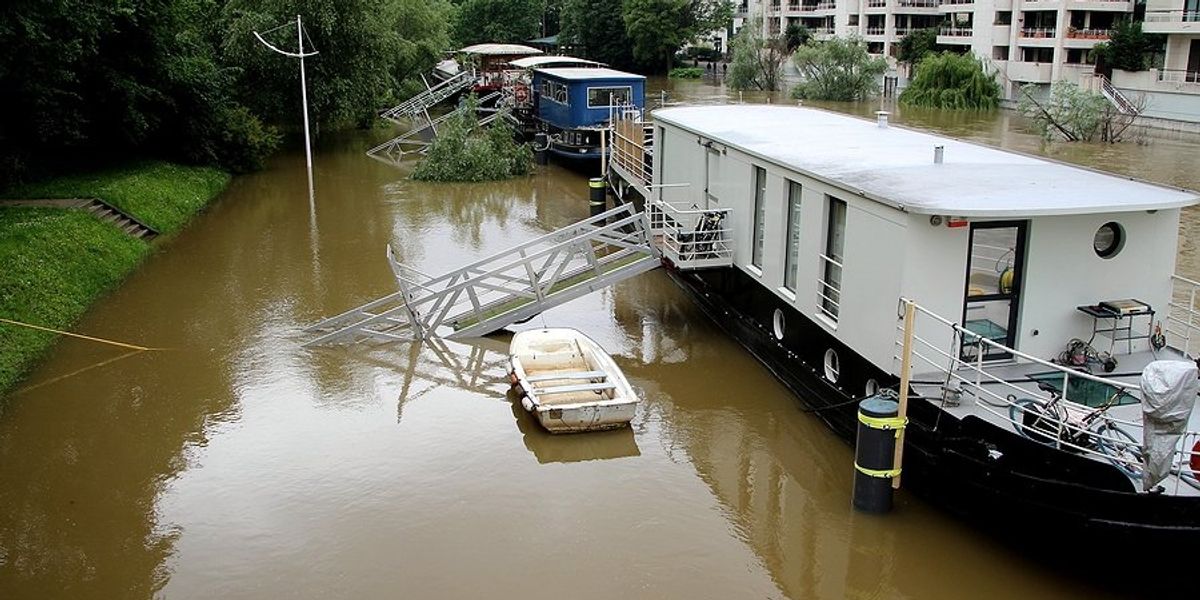
U.S. to stop publicly tracking financial toll of billion-dollar climate disasters
The federal government will no longer collect or share data on the financial costs of extreme weather events, a move that scientists and lawmakers say will obscure the growing risks of climate change.
Rebecca Dzombak and Hiroko Tabuchi report for The New York Times.
In short:
- The National Oceanic and Atmospheric Administration (NOAA) announced it will stop tallying the costs of billion-dollar weather and climate disasters, citing changing priorities and staffing limits.
- The move ends a critical public dataset used by scientists, insurers, and policymakers to analyze the economic impact of extreme weather events, which have become more frequent and severe.
- From 1980 to 2024, NOAA tracked 403 such disasters; that data will remain archived, but events from 2025 onward — like this year’s devastating Los Angeles wildfires — will no longer be assessed.
Key quote:
“You can’t fix what you don’t measure. If we lose this information about the costs of these disasters, the American people and Congress won’t know what risks climate is posing to our country.”
— Erin Sikorsky, director of The Center for Climate and Security
Why this matters:
As extreme weather events intensify across the United States, the decision to stop tracking their financial cost erases a transparent records of how much climate change is affecting the economy and public health. Climate-driven disasters force cities and states to rebuild, often with taxpayer money, and the cumulative toll can shape budgets, insurance markets, and infrastructure priorities. Without centralized, consistent data, decision-makers lose insight into where help is most needed or how much recurring weather patterns are costing communities. Researchers also rely on this information to study trends and assess long-term vulnerabilities, especially in frontline areas already under stress.
Learn more: EPA plans to dismantle key offices overseeing climate and air pollution regulation













